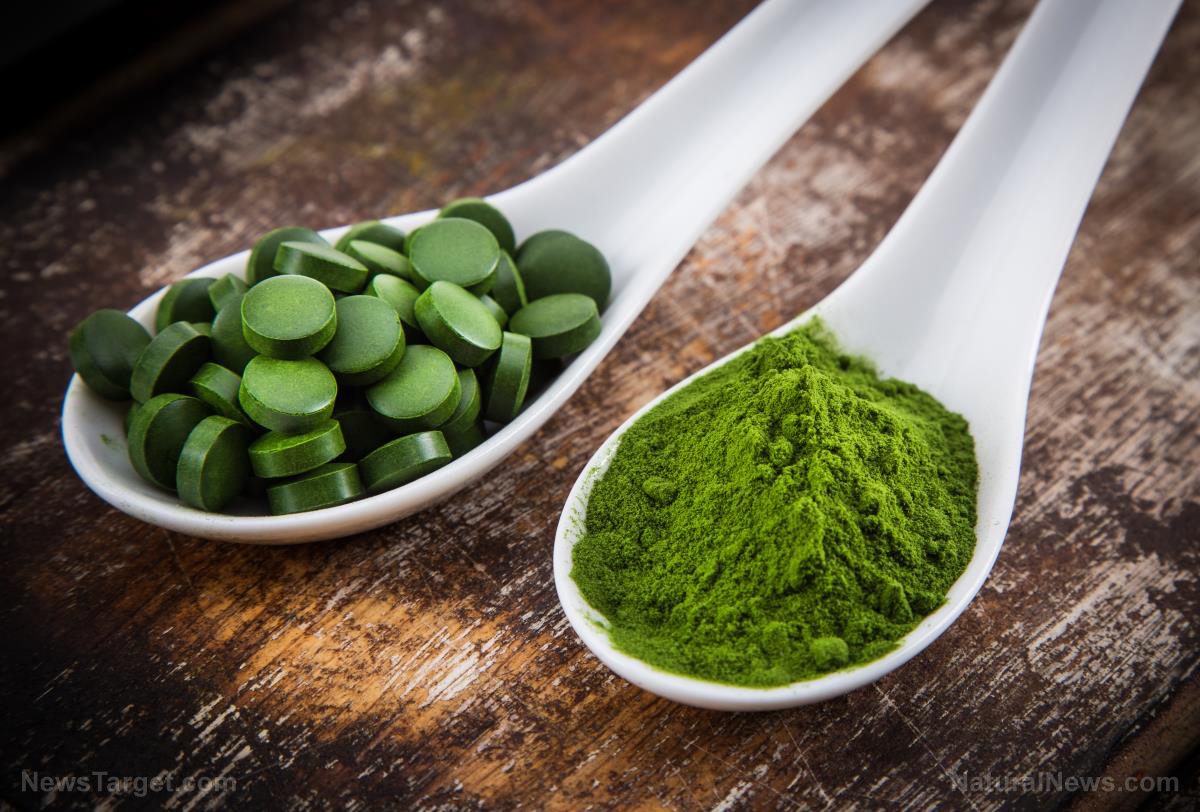Scurvy killed French crusader King Louis IX – and it’s making a comeback
03/05/2020 / By Arsenio Toledo

Saint Louis IX of France is the only French monarch to be canonized by the Catholic Church. According to records, he spent his final days as part of the Eighth Crusade, which began in 1270. The crusade ended inconclusively after his army landed in Tunisia when Louis died. Traditional accounts have the saint king dying of either the plague or dysentery, an infectious disease that harms the digestive system. However, a forensic scientist is now disputing this widely believed claim. He and his team believe that the crusader king may have instead died of scurvy, a disease caused by a vitamin C deficiency and one that may be on the rise again worldwide.
A team of international researchers, led by French forensic pathologist Philippe Charlier, claimed that the crusader king’s diet was not very nutritious.
“He put himself through all manner of penances and fasting,” said Charlier. “Nor was the crusade as well-prepared as it should have been. They did not take water with them, or fruit and vegetables.”
This could have been remedied upon landing in Tunisia, where the local cuisine contained a bounty of vegetables rich in vitamin C as well as citrus fruits. However, it seems that King Louis chose to stick to his meat-heavy diet.
Charlier and his team of forensic experts examined bones purported to be from King Louis IX that are held in the Notre Dame Cathedral’s reliquary in Paris. Closer inspection of the jawbone led them to believe that Louis did suffer from scurvy. “Saint Louis lost his teeth, spitting out bits of his gums, which is consistent with what we see on his mandible,” Charlier said.
While Charlier doesn’t contend the fact that as many as one in every six soldiers in Louis’ army died from either the plague or dysentery, he believes that the saint king’s cause of death is certain.
“That he died of the plague is still there in the history books,” said Charlier, “and modern science is there to rectify that.” (Related: Archaeological evidence shows that vitamin C deficiency wiped out an entire town.)
Scurvy has killed millions and may kill many more if diets don’t change
It is estimated that between the beginning of the 16th and up to the end of the 19th century, scurvy may have killed as many as two million sailors. During that time, sailors spent months out in the open seas aboard ships which usually don’t bring any fresh, vitamin C-rich fruits and vegetables in favor of longer-lasting salted and preserved meats and other food items. While this disease may have reached its peak over 200 years ago, however, it hasn’t died out and many experts believe it’s on the rise again.
While the number of people suffering from scurvy is still small, they’re increasing. The Health and Social Care Information Center issued a report saying that, between 2009 and 2014, hospital admissions directly caused by or related to scurvy increased by 27 percent. In addition, Britain’s National Health Service (NHS) also shows that hospital admissions for scurvy are on the rise. According to NHS data, between 2018and 2019, there were over 5,108 admissions related to nutritional deficiencies, including scurvy.
There is one simple way to counteract scurvy however: Eat a balanced diet. This means consuming the recommended dietary allowance for vitamin C, which is 90 milligrams (mg) for adult males and 75 mg for adult women. This means that including something as simple as a medium-sized orange, as well as some cabbage, cauliflower, potatoes or broccoli and other vegetables rich in vitamin C in your diet can be enough to make sure that scurvy remains a thing of the past.
Sources include:
Tagged Under: #nutrition, ascorbic acid, Diets, Diseases, dysentery, food cures, food is medicine, infections, nutrients, Plague, scurvy, supplements, vitamin C, vitamin C deficiency

















